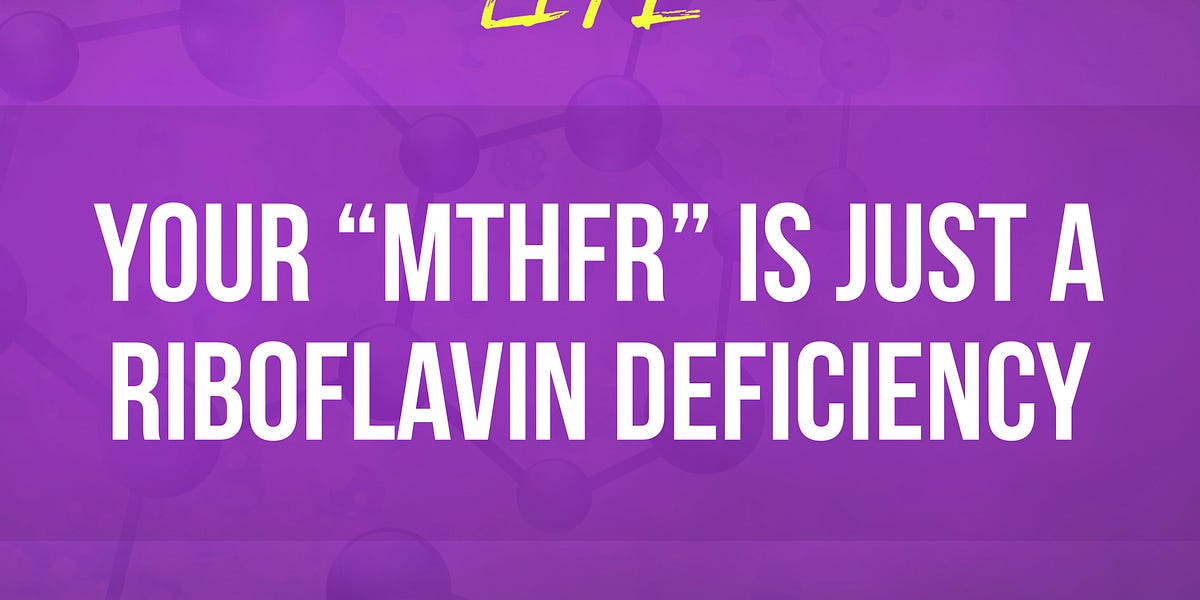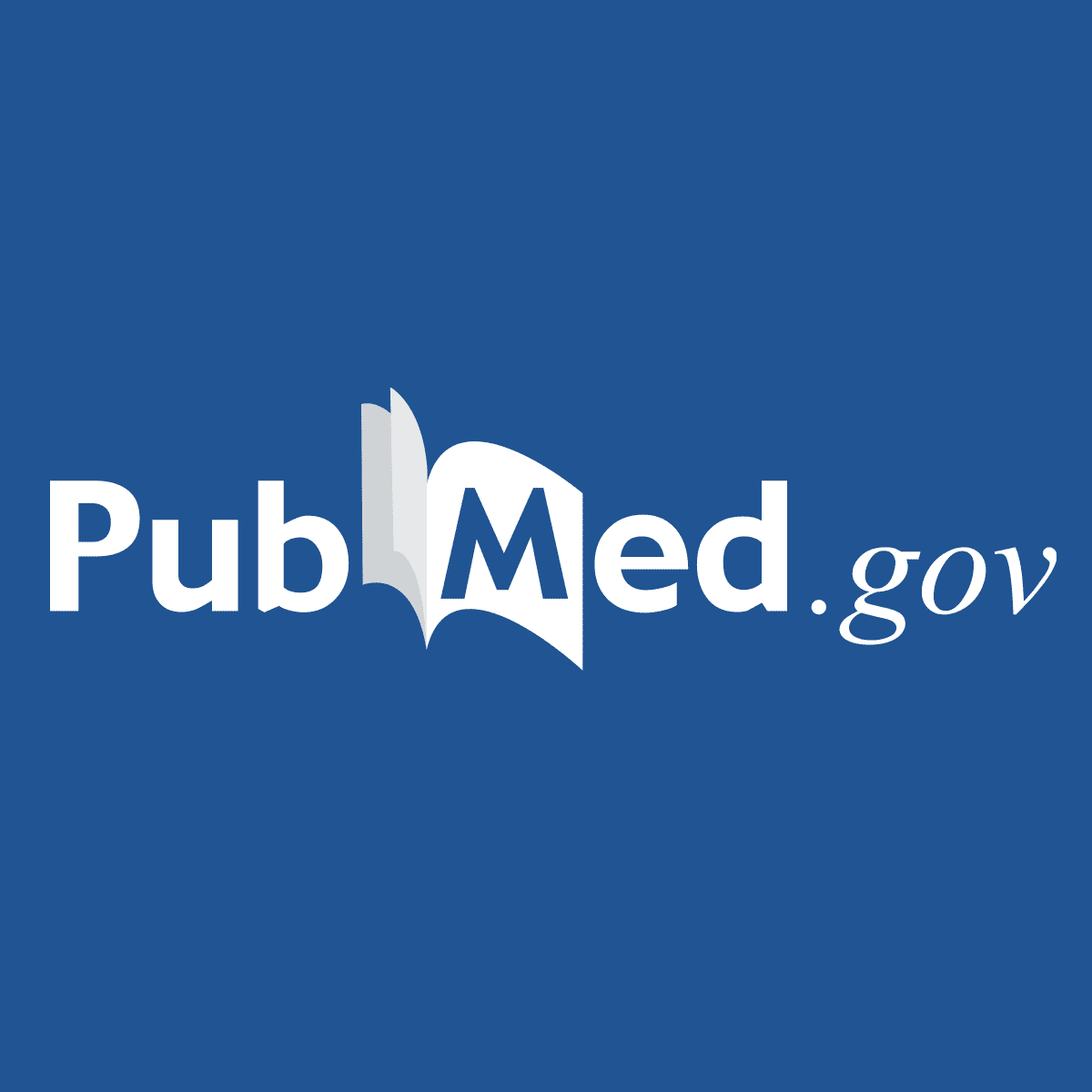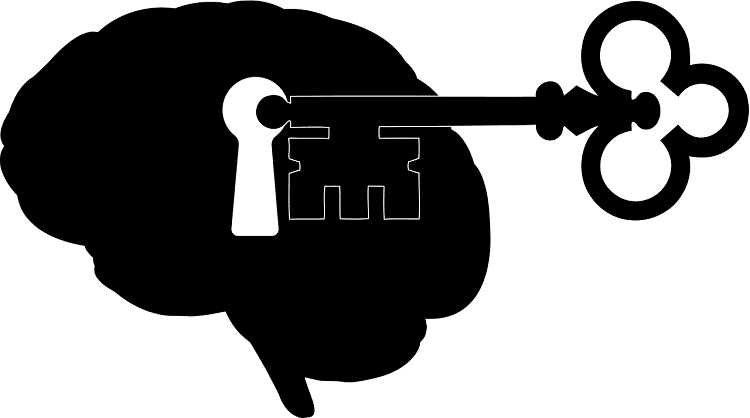loess
Member
- Joined
- Sep 22, 2013
- Messages
- 392
I don't trust 23andme or any other for-profit direct-to-consumer services that offer DNA testing, but I need to know whether I've got a MTHFR mutation. Are there any ways to test for this that don't involve handing over your DNA and identity to corporate entities that are actively sharing that information?





